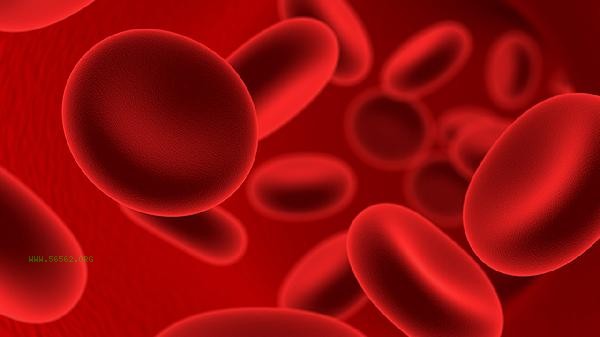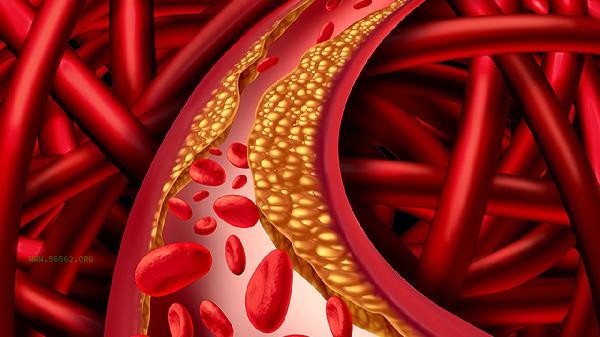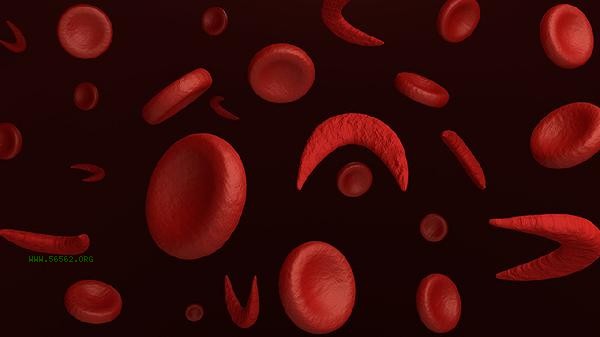Low hematocrit may be caused by iron deficiency anemia, chronic inflammation, vitamin deficiency, bone marrow hematopoietic dysfunction, blood loss, and other reasons. It can be improved by supplementing nutrition, treating the underlying disease, and drug intervention.

1. Iron deficiency anemia:
Iron is a key raw material for the synthesis of hemoglobin. Long term insufficient iron intake or absorption disorders can lead to a decrease in hemoglobin synthesis and a reduction in red blood cell volume. Commonly seen in cannibalistic and gastrointestinal bleeding patients, characterized by fatigue and pale complexion. It is necessary to supplement with iron rich foods such as animal liver and spinach, and if necessary, use drugs such as ferrous sulfate and iron dextran under the guidance of a doctor.
2. Chronic inflammation:
Chronic inflammatory diseases such as rheumatoid arthritis and tuberculosis will inhibit the hematopoietic function of bone marrow and shorten the life of red blood cells. Inflammatory factors interfere with iron metabolism, leading to iron utilization disorders. Patients often have symptoms such as low-grade fever and joint swelling and pain. To control the underlying inflammation, the use of erythropoietin can be considered to improve anemia.
3. Vitamin deficiency:

Folic acid and vitamin B12 are involved in red blood cell DNA synthesis, and deficiency can lead to megaloblastic anemia. Commonly seen in long-term vegetarians or patients after gastrointestinal surgery, accompanied by glossitis and numbness in hands and feet. It is necessary to increase the intake of green leafy vegetables, eggs, and milk. In severe cases, intramuscular injection of vitamin B12 or oral folic acid tablets can be administered. 4. Bone marrow problems: Diseases such as aplastic anemia and myelodysplastic syndrome directly affect the proliferation of hematopoietic stem cells, leading to a decrease in whole blood cells. May be related to environmental toxins and radiation exposure, often accompanied by bleeding tendency and recurrent infections. Diagnosis requires bone marrow puncture and treatment with immunosuppressive agents or hematopoietic stem cell transplantation.
5. Acute blood loss:
Trauma, surgery, or gastrointestinal ulcer bleeding can lead to a significant loss of red blood cells in the short term. When the bleeding volume exceeds 500ml, there is a significant decrease in blood pressure, accompanied by an increase in heart rate and a decrease in blood pressure. Immediate hemostasis and blood transfusion are required to replenish blood volume, followed by protein and iron supplementation to promote hematopoiesis.
It is important to maintain a balanced diet in daily life, with a focus on consuming foods rich in hematopoietic materials such as lean meat, animal blood products, and dark vegetables. To avoid strong tea and coffee affecting iron absorption, chronic disease patients should regularly monitor their blood routine. Moderate aerobic exercise such as brisk walking and swimming can promote blood circulation, but severe anemia patients need to limit vigorous activity. Seek medical attention promptly when dizziness, palpitations, or skin and mucosal bleeding worsen.









Comments (0)
Leave a Comment
No comments yet
Be the first to share your thoughts!